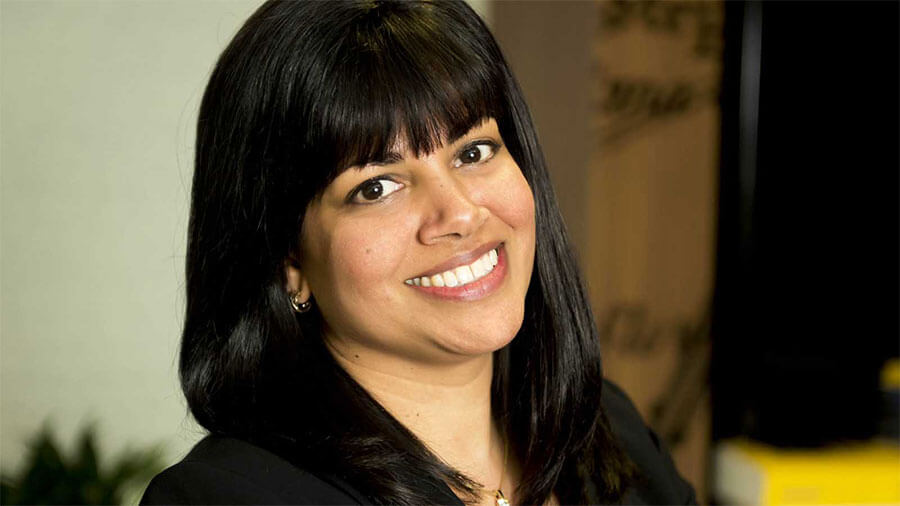Four charities, Marie Curie Cancer Care, the RNIB, Action on Hearing Loss and the Royal Institute of Cancer Research won a recent High Court legacy dispute over a £1.8m inheritance, after a Will was fraudulently made.
The estate was left to the charities by a Will made in 1982 by Dorothy Whelen who died in 2012. However, Alan Turner, the son of Hazel Turner (a lifelong friend of Whelen), claimed that Whelen made a second Will in 1999 in which she gave her entire estate to his 95 year old mother and his two brothers. The estate included a house near Hampton Court Palace.
Ms Turner, now 95 years old and suffering with Alzheimer’s disease, was too ill to attend the court proceedings.
It was claimed two of Whelen’s work colleagues witnessed her signing the 1999 Will, however they reportedly had no memory of seeing this. The original 1982 Will could not be located thus adding to the task faced by the charities to claim their legacies.
The charities’ barrister told the court that both witnesses “believed on the basis of what they were told by Hazel Turner that they were witnessing her Will, not that of Dorothy Whelen”. The judge accepted this argument and also acknowledged that the Will was a homemade one drawn up in the absence of lawyers.
A forensic examiner report also supported this argument concluding that when one of the witnesses signed the 1999 Will, Hazel Turner’s own Will was placed directly underneath. The expert also noted that different handwriting and ink had been used on the Will, suggesting that it had been edited by multiple people over several dates.
The charities established that the 1982 Will was lost rather than destroyed with the intention of revoking it. The 1999 Will was held to be invalid as it was not properly executed and the 1982 Will benefiting the charities was admitted to probate.
If you are a charity or other beneficiary in a legacy dispute, it is important to get specialist legal advice.
The contents of this article are intended for general information purposes only and shall not be deemed to be, or constitute legal advice. We cannot accept responsibility for any loss as a result of acts or omissions taken in respect of this article.

